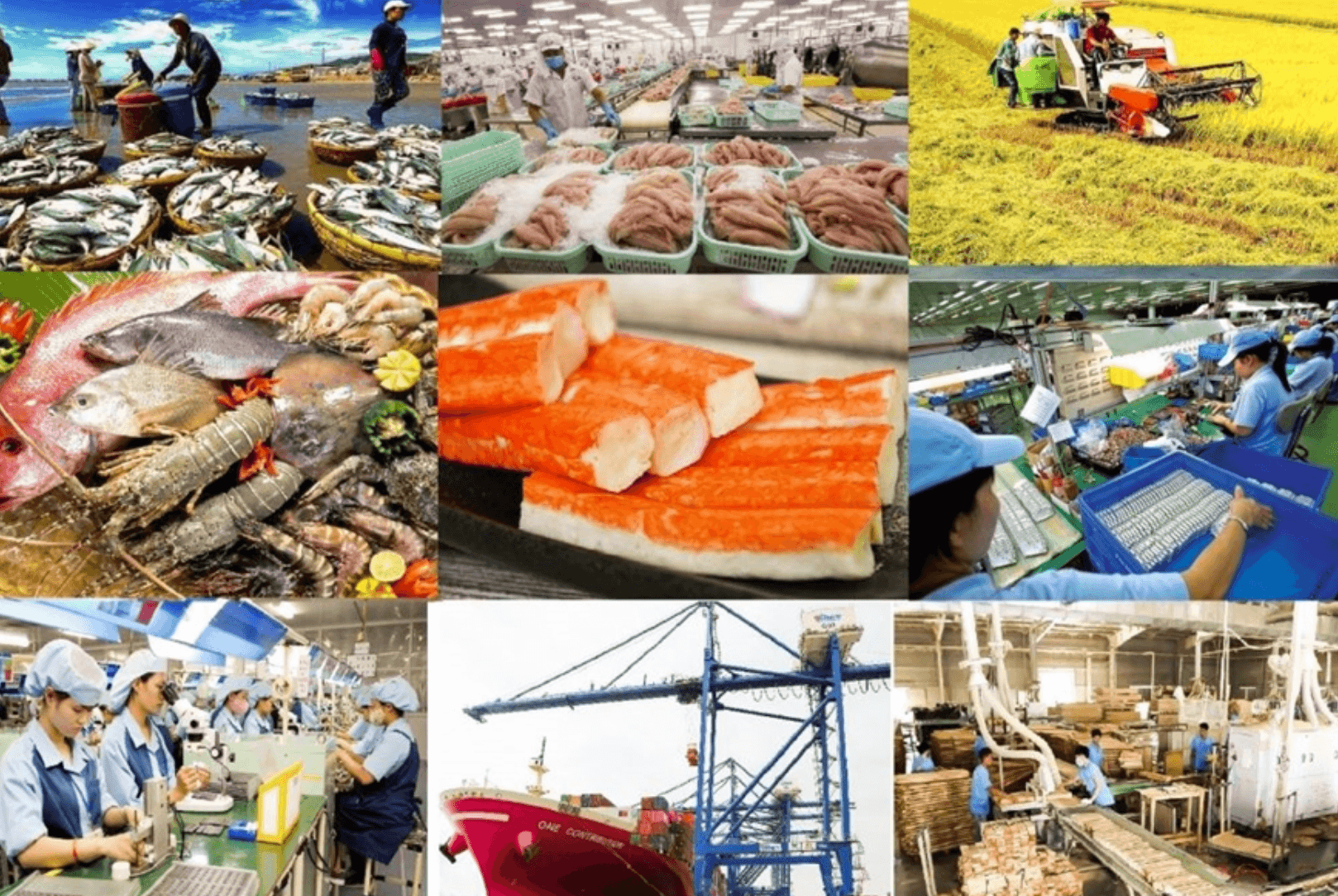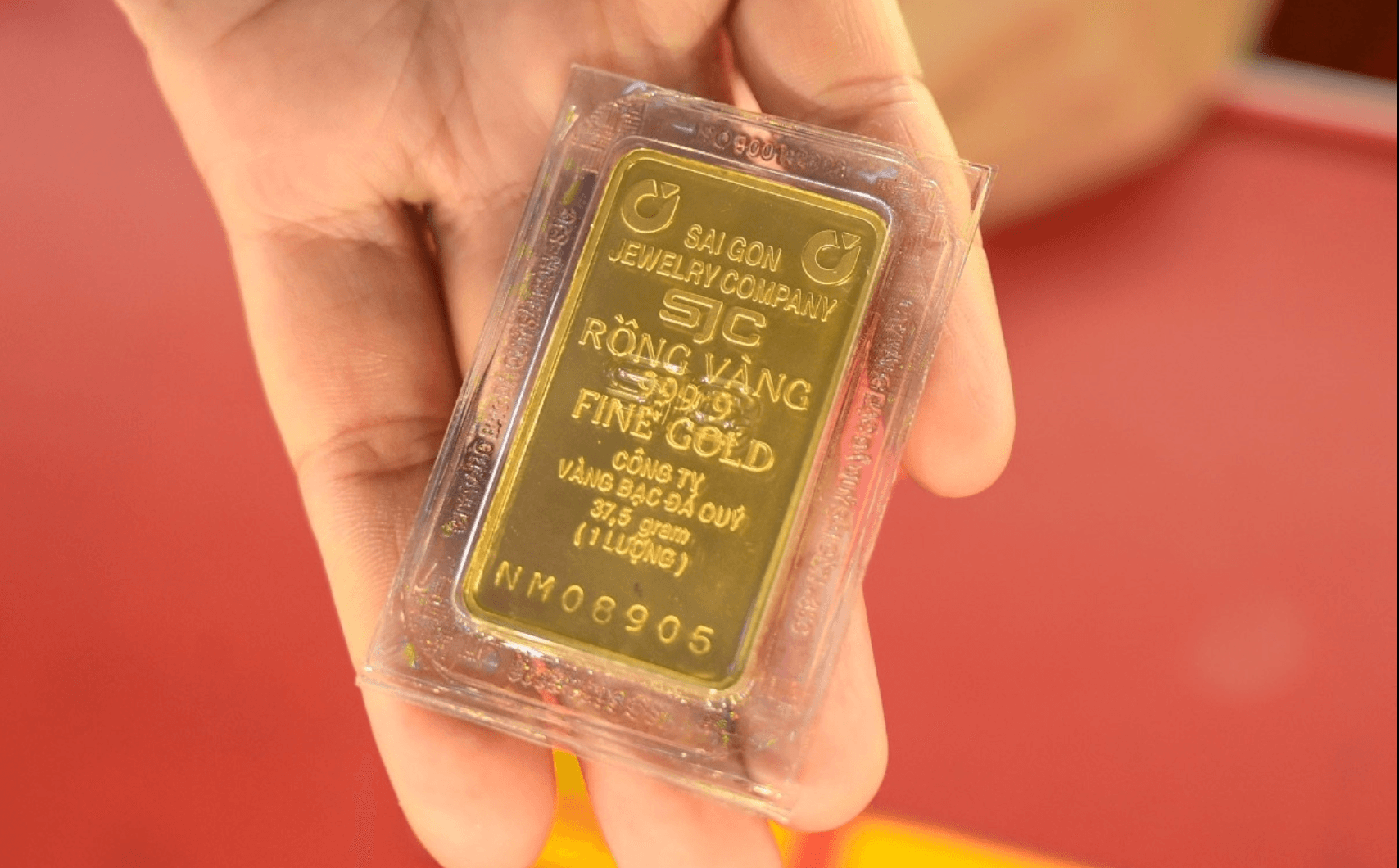Vietnam's Tiger Leap: Why 2025 Is a Pivotal Year for Asia's Fastest-Rising Economy

Here's a stat that'll make you double-take: By the end of 2025, Vietnam is expected to produce 65% of Apple's AirPods and 20% of all iPads and Apple Watches. While China wrestles with trade wars and manufacturing costs that would make your accountant weep, Vietnam has quietly evolved from backup plan to main stage. From Samsung's billion-dollar assembly centers to Meta's cutting-edge Quest headset factories, the manufacturing migration isn't just corporate musical chairs—it's a fundamental reshaping of global supply chains that's turning Vietnam into Asia's most compelling growth story.
The Great Manufacturing Shuffle: New Math, New Winners
The tariff mathematics tell a compelling story. After tense negotiations, Vietnamese exports now face a 20% U.S. tariff rate (with 40% on transshipped goods), while Chinese manufacturers still grapple with rates exceeding 100%. That differential isn't just a discount—it's a competitive moat that's driving real investment decisions.
Apple's Vietnam expansion exemplifies this shift perfectly. The country now supports approximately 200,000 jobs across Apple's supply chain, with Foxconn's $551 million investment in new smart device factories targeting 4.2 million units annually. Vietnam has also captured 5% of MacBook production, proving this isn't just about assembly—it's about building sophisticated, high-value manufacturing capabilities.
But here's where it gets interesting for Asian investors: Vietnam isn't just playing the "cheap labor" card anymore. With wages ranging $250-400 monthly versus China's $500-800, the cost advantage is real but temporary. The smart money sees Vietnam's real ace: its strategic positioning as the ultimate "China+1" destination.
Tax Incentives That Actually Move the Needle
Vietnam's new Corporate Income Tax law, effective October 2025, isn't just competitive—it's strategically surgical. The government has moved away from broad, location-based incentives toward highly targeted sector-specific benefits. High-tech and innovation-led industries can secure preferential 10% rates for 15 years, while exceptionally large projects (minimum $475 million investment) may qualify for lifetime preferential treatment.
The real kicker? Four-year tax holidays followed by nine years of 50% reductions, plus zero import duties on key electronic components. But here's what makes this different from typical Southeast Asian tax races to the bottom: these incentives are tightly linked to technological standards, green growth initiatives, and contributions to national innovation goals. Vietnam isn't just competing on price—it's investing in capability.
Just one step to unlock the rest of this article
Sign in to read the full article and access exclusive content
✨ Completely free • No credit card required




